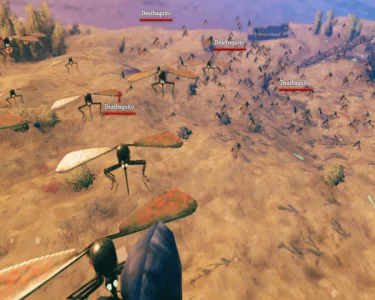The illegal trade of wildlife has led to the decline of many species, and pangolins are among the most heavily trafficked mammals in the world. These scaly anteaters are poached for their meat and scales, which are believed to have medicinal properties in traditional Chinese medicine.
According to the International Union for Conservation of Nature (IUCN), all eight species of pangolins are threatened with extinction. They are found in Asia and Africa, and their habitats are being destroyed due to deforestation, making them even more vulnerable to poaching.
Despite the international ban on pangolin trade, demand for their scales and meat remains high, especially in China and Vietnam, where they are considered a delicacy and used in traditional medicine. According to the wildlife trade monitoring network TRAFFIC, seizures of pangolin scales have increased dramatically in recent years, with more than 97,000 kg of scales seized globally between 2017 and 2019.
The illegal trade of pangolins not only affects their populations but also has serious consequences for the ecosystems in which they live. Pangolins play a crucial role in maintaining ecological balance as they are natural insect controllers, consuming a large number of ants and termites. The disappearance of pangolins can lead to a surge in insect populations, which can cause serious damage to crop and other plants.
Various conservation efforts are underway to protect pangolins from extinction. Governments and conservation organizations are working together to raise awareness about the illegal trade of pangolins and to strengthen law enforcement to combat poaching and trafficking. Conservationists are also working to rehabilitate injured and rescued pangolins and release them back into the wild.
The establishment of pangolin conservation centers, such as the Tikki Heywood Trust in Zimbabwe, provides a safe haven for injured and orphaned pangolins. These centers are also instrumental in conducting research on pangolin behavior and ecology, which can inform conservation strategies.
In addition to conservation efforts, reducing demand for pangolin products is crucial to their survival. Awareness-raising campaigns and public education programs aimed at reducing the demand for pangolin meat and scales are being conducted in China and Vietnam.
It is essential to recognize the critical role of pangolins in maintaining ecological balance and to take urgent action to protect them from extinction. It is crucial to strengthen law enforcement to combat the illegal trade of pangolins, raise awareness about their conservation status, and reduce demand for their products through public education and awareness-raising campaigns. If we do not act now, we may lose these unique and important creatures forever.




